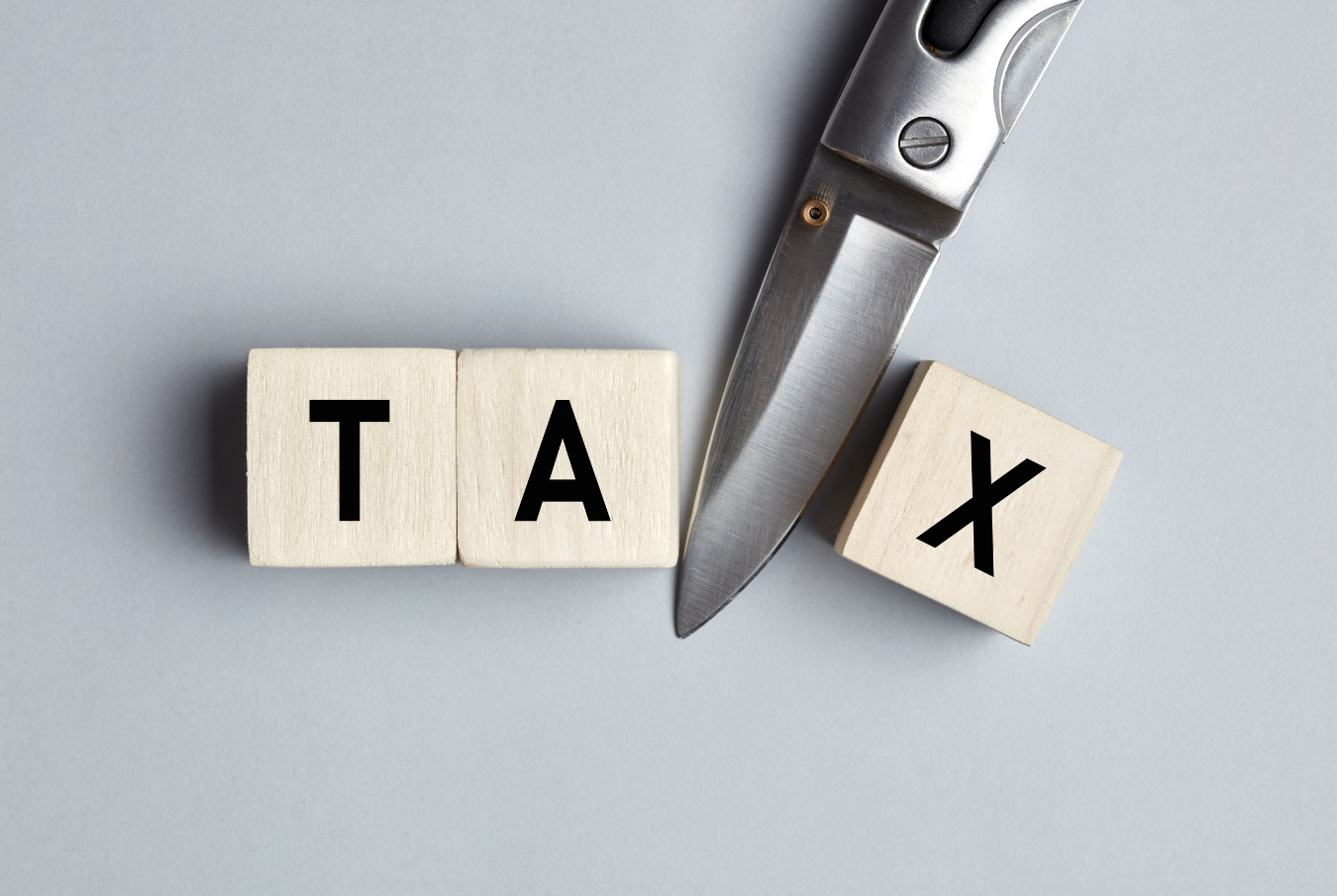
Hi, accounting fans!
If you have business-owning friends, you may have heard them go on and on about all the ‘deductions’ they can claim. It’s true business owners can claim a fair amount of deductions for their business income.
What about non-business owners? Surely there is some form of tax relief for the non-employing employed?
In this article, we will look at some common deductions that non-business owners can make in Aotearoa New Zealand. Please note that if you are from a different tax jurisdiction, you may want to consult with a local tax agent for more info.
We’re going to focus mainly on tax deductions for PAYE employees. So let’s get into it!
If you have paid an accountant or tax agent money to prepare your tax return — you can claim that expense against your income. I like reminding my clients that paying your accountant is 100% tax deductible. No questions about it!
You might point out the obvious though and say, “If I’m already paying tax as I earn, I don’t need an accountant”.
And you would be absolutely right! You don’t need an accountant if you have a PAYE salary.
However, if you have rental properties as an investment, you will want an accountant to help you put together your rental tax returns. Or you may have overseas share investments that trigger the foreign income fund (FIF) rules.
Please don’t go spending on an accountant just to claim tax deductions. You will end up paying them more than what you can save in taxes.
Ever heard of income protection insurance? It is insurance that will continue to pay out a portion of your regular salary should you be unable to work. This type of insurance can also be known as trauma insurance. If you have suffered injury or trauma that affects your ability to work, this insurance will kick in.
Please note that the income that you receive from income protection should be taxable if you want to claim the premiums as a tax deduction. As such, it is a good idea to talk to your insurance provider about the nature of the income protection that you are receiving.
Generally speaking, if you are receiving a direct income replacement from your insurance provider, that amount is taxable. As such, the premiums paid on them are tax deductible.
If your work is highly physical (nurse/builder/chef/doctor/etc), I would recommend getting income protection insurance. Not only is your income protected in the event of an accident, but you can claim tax deductions on it too!
If you do your investing through an agent or broker, the commissions that you pay them on your earnings are tax-deductible.
For example, if you got your broker to execute a share sale for you, you can claim the commission that they charge you on that sale as a tax-deductible expense. Most of us would be conducting our investments through intermediaries — so be sure to check if your broker has charged you any commission on your investments for the financial year! You can claim them back as a tax deduction.
Most investment platforms will provide you with a tax statement that should list any commissions charged to you. You can then key in those figures on your tax return to get back some sweet deductions.

Sorry folks in Aotearoa, I have to point out — this only relates to non-residential rental property investments. This is to say that if you take out a loan to invest in shares (generally a not-so-good idea) or buy commercial property, you can claim all of the interest expense paid on the said loan as a tax deduction.
Residential rental investments have their own set of tax rules I’m afraid. As of this current financial year (FY2024) — you can only claim 75% of the interest on loans taken out to buy residential rental investments. The current government is looking to reverse this rule in the coming tax year, so watch this space.
Uh, look. In the first place, you don’t want to be in a position where you are overdue on your Inland Revenue debt. That being said, if you are in that position and you’ve been charged interest on the amount owing, you can actually claim back that interest as a tax-deductible expense.
Wild, eh? You get to claim a tax deduction on the amount the Inland Revenue charges you. Heh.
It’s not a position you want to be in, though.
Please note that interest on overdue amounts is separate from penalties. Penalties are strictly non-deductible. Be sure to check your tax statement on which amounts are interest and which are penalties.
Seriously though, please pay your taxes on time.
Not really. Aotearoa tax rules aren’t very permissive for salaried workers. If you’re looking at claiming more tax deductions, you should consider starting a self-employed side hustle from home. That way you can make some extra money and claim home office expenses as a tax deduction (a topic which deserves its own article).
So if you are paying for any of the above items, track down those documents or receipts! Please note that in Aotearoa, the IRD will auto-calculate your taxes by July of the following financial year. So if you want to make sure that your expenses are claimed, be sure to access your MyIR, click on your income tax return for the last financial year (after 31 March), and add in those non-business expenses that you have incurred.
If you missed the auto-calc deadline, fret not! You can still amend the return via your MyIR and add in the tax deductions you wish to claim.
Happy tax deducting!
Sam is the director of SH Advisory, an online accounting firm for small businesses and startups in NZ. He is also the creator of The Comic Accountant, an internationally-read finance comic blog. With 15 years experience in accounting and finance, he loves sharing quality financial advice with small business owners everywhere. In his spare time, he likes to nerd out over the latest board game launches and great PC gaming deals online. If you need help with your small business and startup, Sam is the person you want to talk to!